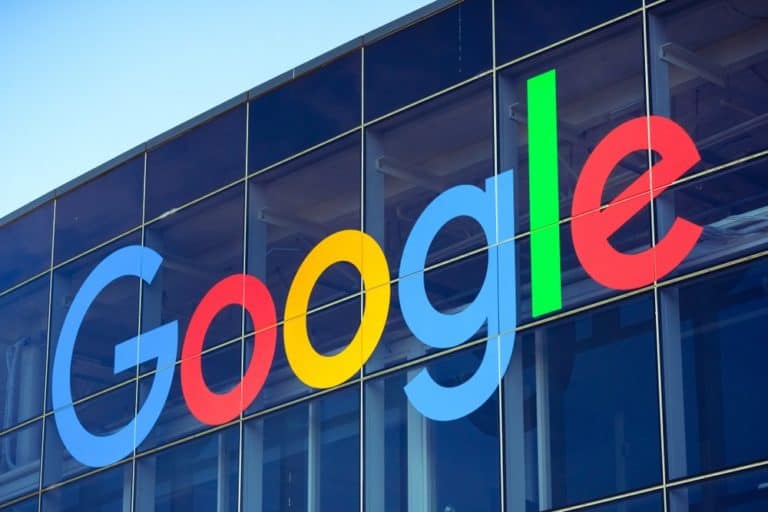The EC has accused Google of illegal practices on Android devices to enhance the dominant position of their search engine.
This week saw the kick off of the trial of Google before the Court of Justice of the European Union (CJEU). The court battle is about the fine of 4.3 billion euros that the European Commission (EC) imposed on the technology company in 2018,
The EC accuses the US tech giant of having signed contracts with mobile phone manufacturers and network operators that force them to install the Google Search engine and the Google Chrome browser on Android devices. Google was demanding the installations in exchange for granting them those companies a license of their Play Store app store.
The EU deemed the contracts to be an illegal restraint, but Google says this decision undermines a business model that allowed it to provide the Android software for free while it generated ad revenue. Mountain View, California-based Google, which had revenues of $182.5 billion last year, has built a massive business of banner and videos ads, thanks largely to its central role on Android devices.
Google bought Android software in 2005. And according to the Community Executive, 80% of the devices sold in 2018 in the European Economic Area worked with this open source software.
Google argues that they are not the dominating player the EC claims
According to reporting by Bloomberg, Google’s lawyer, Meredith Pickford, was fighting hard against the EC’s finding.
“The commission shut its eyes to the real competitive dynamic in this industry — that between Apple Inc. and Android,” she told a five-judge panel on Monday. Moreover, regulators “mistakenly found Google to be dominant” for mobile phone software that the phone manufacturers have licensed.
The Android case is one of three decisions in EU antitrust chief Margrethe Vestager’s campaign to stop the growing dominance of Silicon Valley. She has fined Google more than 8.2 billion euros in total so far. And she is still probing the company’s alleged control over digital advertising.
Pickford said Google needed the ability to tie its apps to mobile phone software to give it “the right incentives” to invest billions of euros in the Android ecosystem which created “a reliable non-fragmented platform, that provided a real competitive alternative” to Apple. She argued that this benefited both app developers and consumers.
